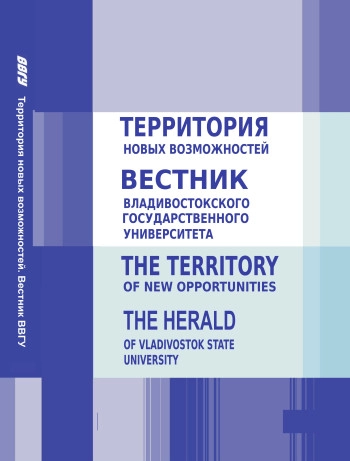student
employee
The term "artistic ironic discourse" describes a multifaceted phenomenon in linguistics and literary studies, where irony functions not merely as a stylistic device but as a means of constructing complex meanings within literary texts. The object of this research is artistic ironic discourse, while the subject is the pragmatic adaptation of irony in literary translation. The study aims to identify key strategies for the pragmatic adaptation of humorous texts when translating from English to Russian. Translating humor presents a significant challenge, requiring careful consideration of linguistic and pragmatic aspects such as context, authorial intent, cultural references, and audience reception. A pragmatic approach to humor translation necessitates a deep understanding of both language and the social and cognitive factors that influence the perception of comedy. The context-dependent nature of humor makes its interpretation variable across different cultures and situations. This study examines the linguopragmatic aspects of humor translation in Stephen Clarke's work "England and France: We Love to Hate Each Other," analyzing translation strategies and adaptation methods used to convey irony in the target language.
artistic ironic discourse, humor translation, pragmatic adaptation, Stephen Clarke, England and France: We Love to Hate Each Other.
1. Pokhodnya S.I. Linguistic means and types of realization of irony: dis.... candidate of Philological Sciences: 02.10.04 / Sofya Ivanovna Pokhodnya. Kiev; 1984. 217 p.
2. Gornostaeva A.A. Irony as a component of the English style of communication: a monograph. Moscow: Mask; 2013. 240 p.
3. Benveniste E. General linguistics / ed.-comp. Yu.S. Stepanov; trans. Yu.N. Karaulov. Moscow: Editorial URSS; 2002. 436 p.
4. Kibrik A.A. Mode, genre and other parameters of the classification of discourses. Questions of linguistics. 2009; (2): 3–21.
5. Solganik G.Ya. Stylistics of the text: textbook. Moscow: Flint; 2003. 252 p.
6. Stepanov Yu.S. Alternative world. The discourse. The Fact and the principle of Causality. Language and science of the end of the XX century: collection of articles. Moscow: RGGU; 1995. P. 33–73.
7. Norman B.Y. Linguistic pragmatics (based on the material of Russian and other Slavic languages): course of lectures. Minsk: BSU; 2009. 183 p.
8. Garbovsky N.K. Theory of translation: textbook and workshop for universities. 3rd ed., ispr. and add. Moscow: Yurayt; 2024. 387 p.
9. Schweitzer A.D. Theory of translation: Status, problems, aspects. Moscow: Nauka; 1988. 215 p.
10. Komissarov V.N. Theory of translation (linguistic aspects): studies. for in-tov and fac. foreign language. Moscow: Higher School; 1990. 253 p.
11. Clarke S. 1000 Years of Annoying the French. UK: Black Swan; 2010. 761 p.
12. Clark S. England and France: we love to hate each other / translated from English by I. Litvinova. Moscow: Ripoll Classic; 2013. 479 p.





